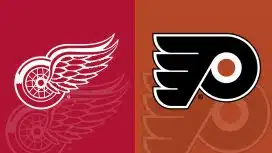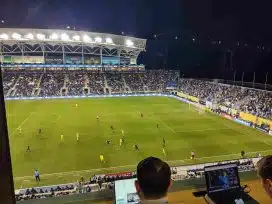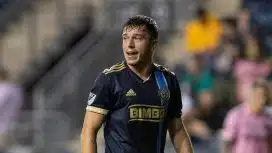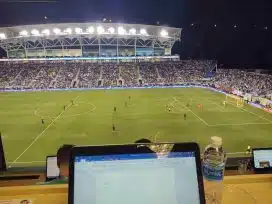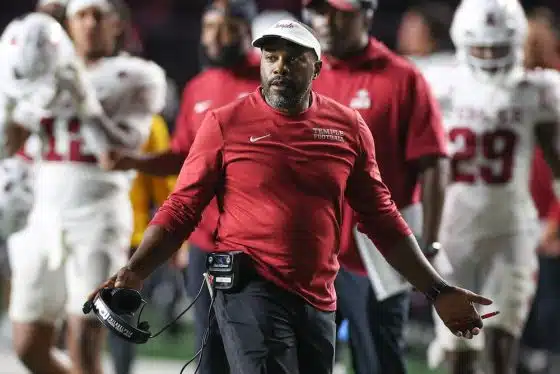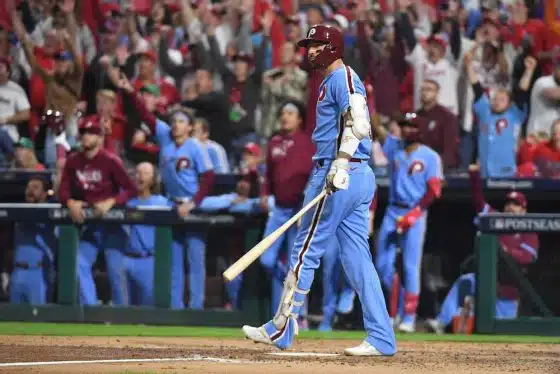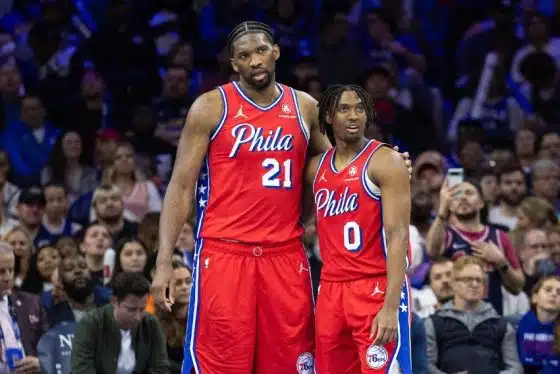Sixers
76ers Bring Back Furkan Korkmaz at a Savings With Better Terms
By Scott Cashin, Sports Talk Philly Writer
In one of Elton Brand’s first official acts as general manager of the Philadelphia 76ers, he declined the third-year team option on Furkan Korkmaz's contract. The third and fourth year, if exercised, would have been worth $2,033,160 for this upcoming season and $3,665,787 in 2020-21. Korkmaz played out the season and was generally unimpressive. After several weeks of being on the free agent market without a deal, Korkmaz and Philadelphia agreed to give it another chance.
Without being committed to Korkmaz, Brand was able to use the $2 million (less $900,000 for having fewer than 12 players on the roster) that would have been guaranteed to him during free agency in order to sign Horford and Milton to their four-year contracts. The team signed Korkmaz using a Minimum Player Salary Exception to exceed the salary cap and only committed $1,620,565 in salary.
If during the season it is determined that Korkmaz isn’t worth occupying a roster spot, the team can waive him and sign a replacement using the same Minimum Player Salary Exception. Such a move would cost ownership money, but not be enough to force the team into the Luxury Tax.
A reported detail that could prove to be significant is July 10, 2020, when the second year of the contract becomes guaranteed.
Furkan Korkmaz returns to the Sixers on a two-year minimum deal.
First year is guaranteed, second year has a trigger date of July 10, 2020 to become guaranteed, I am told.
— Kyle Neubeck (@KyleNeubeck) July 24, 2019
The $1.9 million savings of the second year of the deal when compared to the original fourth-year option is a great savings. However, a decision on the exercising of the fourth year would have needed to be made by Halloween this year. As currently structured, the organization can use the entire upcoming season to gauge if Korkmaz has improved and if he would be worth retaining the following season. They can even go nine days into free agency to see if a better option becomes available requiring the use of the $1.76 million that will become guaranteed if he is still on the roster.
If Korkmaz does hit his stride and finds regular rotation minutes on a team in need of outside shooting off the bench, the value of his contract next season would be coveted by a team that will be taxpayers. When the team declined Korkmaz’s team option, they renounced his right in the same motion. However, since he never changed teams as a free agent, after the 2019-20 season, the team will have his Full Bird Rights, allowing them to exceed the salary cap in the 2021 offseason to re-sign him if they so choose.
Barring a trade, the team will be over the Apron in the 2020-21 season and have limited options to add talent to the bench and end of the roster. The team will be unable to use the Biannual Exception, unable to receive a player in a sign-and-trade transaction and being limited to the smaller, Taxpayer Mid-Level Exception instead of the larger Non-Taxpayer Mid-Level Exception. If the salary cap comes in at $117 million as currently projected, that difference is $9.9 million versus $6.1 million.
If Brand had any critics resulting from declining Korkmaz’s team option last October, they are silenced today. The team used their flexibility in free agency to put themselves in a more advantageous position contractually with the player moving forward.




